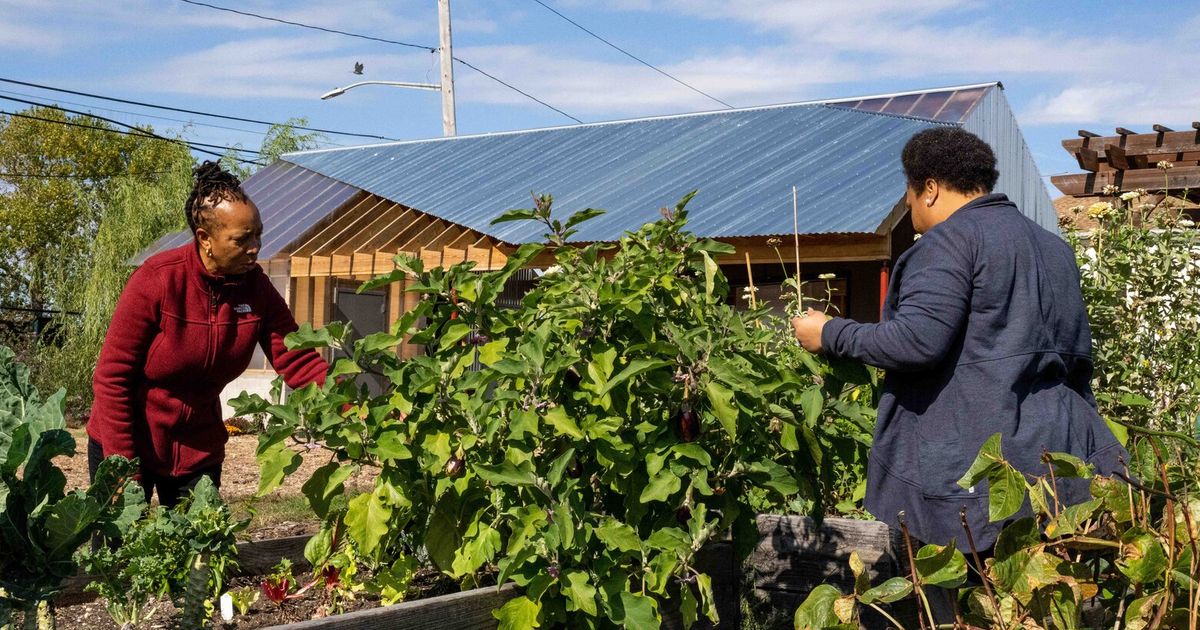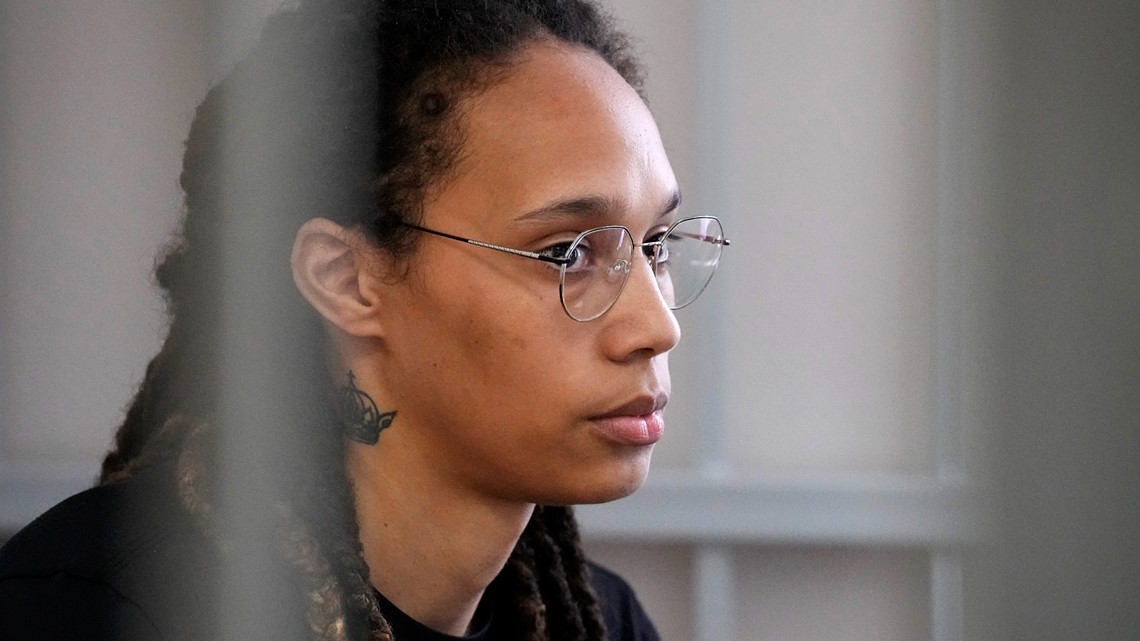All That Breathes opens with a slow pan across a plot of land in New Delhi that over time has morphed into a garbage dump. It’s night, and the silhouette of a scavenger dog appears in the weak glow of ambient light. The low whining of the dog quickly turns into urgent squeaks as hundreds of rats slowly come into focus — all punctuated by the occasional sound of traffic. Ostensibly, the film is about two brothers Nadeem and Saud (and their assistant Salik) who have been working tirelessly to care for black kites, the birds of prey that dot the skies over the national Capital. Quickly though, it becomes a meditation on the interconnectedness of life. The intersection of nature and metropolitan chaos has resulted in the reconfiguring of animal habitats in urban wastelands. Monkeys walk through a maze of electric wires, a turtle navigates a mound of refuse, and a group of bugs drink from a pool of sewage water that throws the reflections of humans walking past — the documentary is brimming with reminders that wildlife persists despite the incursions of our species.
From the basement of their Delhi home, which often gets flooded in the monsoons, Nadeem and Saud have run the bird medic operation called Wildlife Rescue for almost two decades. It all started when the brothers found an injured kite and the nearest animal hospital turned it away because it’s a “non-vegetarian bird”. Once teenage bodybuilders, the brothers used their rudimentary knowledge of biology to start rescuing injured birds.
All That Breathes also chronicles the rapidly changing urban ecosystem that is Delhi, among the most polluted cities in the world. “Think of the city as a stomach,” Saud says. “And the kites are the microbiome of the gut. They eat away our filth.” Even as the kites struggle to survive in the smog-shrouded city, for the humans, who are Muslim, political conditions are fraught with tension. Speeches from citizenship law protests in the brothers’ neighbourhood waft in as they care for the birds; there are dinner-time conversations about what changes to India’s citizenship law could mean for their family; and Saud sits guard outside their home as violence erupts in Northeast Delhi in 2020, just kilometres away.
All that Breathes premiered at the Sundance Film Festival almost exactly a year ago and picked up the Grand Jury Prize in the World Cinema Documentary Competition. Since then, it’s enthralled audiences at numerous festivals and screenings around the world, winning the L’Oeil d’Or at Cannes and Best Documentary at the Gotham Independent Film Awards. The film has also been nominated for the British Academy Film Awards (BAFTA), Independent Spirit Awards and, on Tuesday night, the Academy Award for best documentary feature.
The other documentary in the Oscar race, debutant director Kartiki Gonsalves’s The Elephant Whisperers, is just as tenderly shot. The film follows Bellie and Bomman, an indigenous couple from Theppakadu elephant camp in Tamil Nadu, as they raise a pair of orphaned elephant calves, Raghu and Ammu. The lush 41-minute film is a story of love and family as Bellie and Bomman find love in each other and care for their young animals like they would a child.
Like All That Breathes, The Elephant Whisperers is also unlike most animal documentaries. Instead of serving as a warning about the extinction of creatures or the human threat to their ecosystems, the film is a portrait of coexistence and interspecies bonds interspersed with quirky, endearing snapshots — one in which Bellie tells Ammu to lie down next to her, “but not on me again, or you’ll get a spanking”.
For a long time, Indian feature films on the global stage have always meant big Bollywood productions aiming to stun audiences with their opulence and energy. But a quieter and rich stream of documentary filmmaking also runs in parallel. The likes of Mike Pandey (The Last Migration, 1994; Shore of Silence: Whale Sharks in India, 2000), Anand Patwardhan (A Narmada Diary, 1995; War and Peace, 2002), Sanjay Kak (In the Forest Hangs a Bridge, 1999) and Rakesh Sharma (Final Solution, 2004) won accolades at festivals and screenings around the world.
This journey came full circle last year when Rintu Thomas and Sushmit Ghosh’s Writing with Fire, chronicling the courageous journey of India’s only newspaper run by Dalit women, became the first Indian feature documentary to be nominated for an Oscar. The same year, Payal Kapadia’s A Night of Knowing Nothing, which follows a university student in India as she writes letters to her estranged lover, won the L’Oeil d’Or at Cannes and the Amplify Voices Award at Toronto.
When the Oscars are handed out on March 12, there will be three sets of film teams from India sitting in the audience, the impressive team from Telugu blockbuster RRR joining the two smaller budget productions that mark a generational shift in documentary filmmaking in India which has seen young directors finding their voice as authentic, global, but rooted storytellers.
And irrespective of whether they get to take home the golden statue, they would have made their mark on the global stage, for their country and their craft, proving that small is indeed beautiful.
Karishma Upadhyay is an independent journalist
The views expressed are personal















